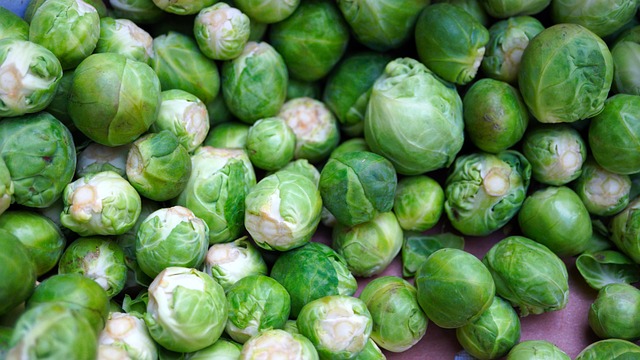Immune System
Your immune system is the body’s defense system. Its fundamental role is to protect the life of the body by distinguishing ‘self’ from ‘non-self’ and recognizing what needs to be eliminated or destroyed (cancer cell, virus, bacteria, environmental toxins, and internal toxins). The stronger your immune system is, the more resistant to diseases you will be, such as cold flues and even cancer.
Its function is intimately connected to what you think and feel. Emotions of faith, hope, joy and a fighting spirit enhances immune function while depression, lack of purpose and repressed anger deplete it.
Your immune system is made up of organs, such as the thymus gland, spleen and liver, and immune cells such as white blood cells like macrophages, killer T-cells and suppressor T-cells.
Free radicals are small molecules that damage cells and cause disease. They are created naturally in the body during normal metabolism and, in moderation, your body has the ability to dispose of them. However, free radical production increases when we are exposed to external factors, such as pollution and burnt or fried food. When we are overwhelmed with free radicals, disease occurs and our immune systems become overworked and compromised. This is when illnesses occur, like colds and flues. There are a few things we can do to help build up our immune systems and keep those free radicals in check.
#1 – Sleep
One way we can help is by getting enough sleep. Our body does all of its healing and regenerating while we are sleeping. If we are trying to fight off any sort of illness or infection, our sleep-deprived bodies are only going to try and get us through the day. You won’t have the ability to also combat free radicals and viruses.
Everyone is different in the amount of sleep we need but the recommended amount of good quality sleep for young children and adults is: (www.sleepfoundation.org)
Age Hours
5 – 12 years 10 – 11
13 – 19 years 8 – 9
Adults 7 – 9
So, make sure you and your children get your zz’s, not only will you feel better but also you’ll be functioning better too.
#2 – Stress
Everyone encounters stress. It could come from fears and worries, over-scheduling, work, divorce or separation, as well as world news. Stress affects the immune system and reduces its capability to function effectively.
Stress reduction is important. Try these suggestions to help reduce the effects of stress:
- exercise moderately 3 – 4 times a week
- take a walk outside, even if the weather isn’t optimal, getting out in the fresh air is a great stress reliever
- drink green tea instead of that afternoon cup of coffee
- have some down time every day like meditation, deep breathing or a bath before bed
#3 – Nutrition
As mentioned earlier, free radicals damage cells and can cause disease and illness. Some sources of free radicals come from food. Anything that is deep fried, from French fries to frozen chicken nuggets, contains free radicals. Pesticides sprayed on our fruits and vegetables are a big source, as well as preservatives that are put in our food.
First off, opting for fresh, organic foods whenever possible is a great way to reduce the intake of free radicals. Secondly, we need to eat foods high in antioxidants to help reduce free radicals and increases the body’s ability to fight disease and illness.
Antioxidants and their sources:
- Vitamin A: carrots, sweet potatoes, red peppers, pumpkin, broccoli, oranges, apricots, liver, eggs
- Vitamin C: citrus fruits, tomatoes, strawberries, red peppers and broccoli
- Vitamin E: oatmeal, sunflower seeds, almonds, EFA’s
- Vitamin B: (several of them): dairy, whole grains
- Co-Enzyme Q10:
- Calcium: almonds, sesame seeds, dark leafy greens (kale, spinach), quinoa
- Iron: organic animal protein, dark leafy greens, sunflower seeds, sesame seeds, eggs, molasses, raisins, oats **eat with vitamin C rich foods, helps with absorption
- Magnesium: nuts and seeds, whole grains, beans, fish
- Selenium: fish, shellfish and oatmeal
- Zinc: pumpkin and sunflower seeds, molasses, black-eyed peas, poultry, eggs, oysters
And check out my recipe tab for Immune Building Celery Root Soup and Immune Booster Juice.
Have a great week and stay healthy.
In good health,
Cheryl Wahl, RHN
Certified Professional Cancer Coach
Cancer Exercise Specialist



